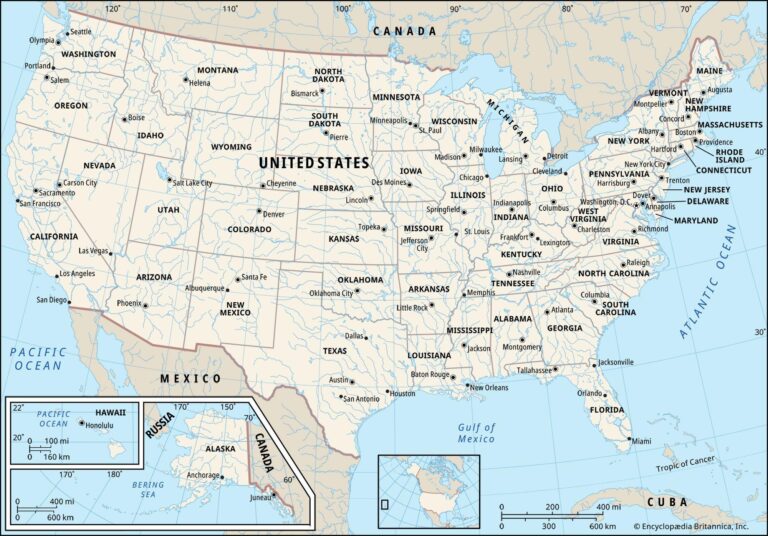The recent alignment among the United States, Italy, and Turkey signals a potentially pivotal shift in the volatile landscape of Libya, according to a report by the Atlantic Council. As these key players converge on shared interests and strategic cooperation, analysts suggest their coordinated efforts could influence political stability and security dynamics in the North African nation. This development comes amid ongoing challenges in Libya’s peace process, underscoring the critical role of international diplomacy in shaping the country’s future.
US Italy and Turkey Partnership Emerges as a Catalyst for Stability in Libya
The collaboration between the US, Italy, and Turkey marks a significant shift in international efforts to stabilize Libya after years of conflict and political fragmentation. By aligning their strategic interests and leveraging diplomatic influence, the three nations are fostering an environment conducive to national reconciliation and economic recovery. Their coordinated approach targets key challenges such as arms control, political dialogue, and humanitarian assistance, putting pressure on local actors to commit to a peaceful transition.
This trilateral partnership emphasizes several core priorities:
- Support for the Libyan Political Dialogue Forum to facilitate inclusive governance
- Coordination on oil export security ensuring stability in global energy markets
- Joint efforts in combating illicit arms trafficking to reduce conflict escalation risks
- Humanitarian aid synchronization to address the needs of displaced populations
Early signs suggest that this strategic alignment could serve as a catalyst for broader regional cooperation, setting a precedent for multilateral engagement in conflict resolution across North Africa and the Mediterranean.
| Focus Area | US Role | Italy’s Contribution | Turkey’s Influence |
|---|---|---|---|
| Political Dialogue | Diplomatic mediation | Hosting negotiations | Engagement with factions |
| Security | Arms embargo enforcement | Maritime patrols | Military training support |
| Economic Stability | Sanctions management | Investment facilitation | Trade partnerships |
| Humanitarian Aid | Funding NGOs | Logistical support | Refugee assistance programs |
Strategic Interests Drive Collaboration Amid Ongoing Libyan Political Fragmentation
As Libya remains fractured by competing factions and a protracted political deadlock, the converging interests of the US, Italy, and Turkey have sparked a rare alignment aimed at stabilizing the region. Each actor brings distinct yet complementary motivations: the US pushing for counterterrorism and energy security, Italy safeguarding its southern flank and migration routes, and Turkey expanding its regional influence through military and economic investments. This tripartite collaboration, although cautious and pragmatic, has created a framework to support the UN-led peace process while balancing national agendas. Key areas of cooperation include intelligence sharing, maritime security, and diplomatic engagement with Libyan stakeholders.
Behind the scenes, these strategic interests are shaping a multifaceted approach that mixes hard power and diplomacy, creating tentative openings for political reconciliation. Despite the ongoing volatility, this alignment signals a potential turning point for Libya’s stabilization efforts by leveraging external stakeholders united by overlapping priorities rather than ideological alignment. The following table summarizes their primary strategic stakes in Libya:
| Country | Strategic Interests | Key Actions |
|---|---|---|
| United States | Counterterrorism, energy security | Drone surveillance, diplomatic support |
| Italy | Migration control, economic ties | Port investments, naval patrols |
| Turkey | Military presence, trade expansion | Military aid, infrastructure projects |
- Cross-border cooperation to curb smuggling and illicit arms flows.
- Enhanced dialogue platforms facilitating communication between rival Libyan factions.
- Coordinated economic initiatives to rebuild key sectors and spur employment.
Policy Recommendations Focus on Strengthening Diplomatic Channels and Economic Cooperation
To effectively stabilize Libya, policymakers should prioritize sustained diplomatic engagement among the United States, Italy, and Turkey, fostering a platform where dialogue can thrive despite competing interests. This trilateral rapport can serve as a cornerstone for mediating disputes and aligning international efforts toward a cohesive peace process. Key diplomatic initiatives include:
- Regular high-level ministerial meetings inclusive of Libyan stakeholders
- Joint monitoring mechanisms to ensure implementation of ceasefire agreements
- Confidence-building measures such as cultural and educational exchanges
Equally vital is the expansion of economic cooperation aimed at rebuilding Libya’s fractured infrastructure and reviving its energy sector. The synergy among these three nations could attract investment and technical expertise, facilitating sustainable development and economic resilience. A strategic framework might involve:
| Focus Area | Potential Contribution | Expected Outcome |
|---|---|---|
| Energy Sector Rehabilitation | Italian and US technology & investment | Stable oil exports and job creation |
| Infrastructure Development | Turkish construction expertise | Improved transportation and logistics |
| Trade Facilitation | Trilateral customs agreements | Boosted regional commerce |
To Conclude
As the US, Italy, and Turkey seek greater alignment in their approach to Libya, their coordinated efforts could prove pivotal in advancing stability and political progress in the region. While challenges remain, this trilateral cooperation signals a potential shift in international dynamics that may help break the longstanding deadlock and foster a more inclusive and peaceful future for Libya. Observers will be closely watching how this evolving partnership translates into tangible outcomes on the ground in the months ahead.




